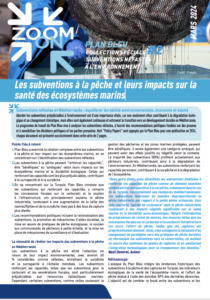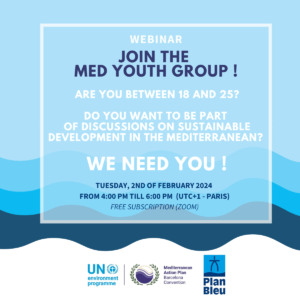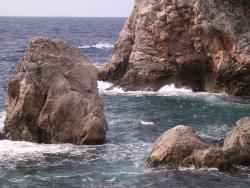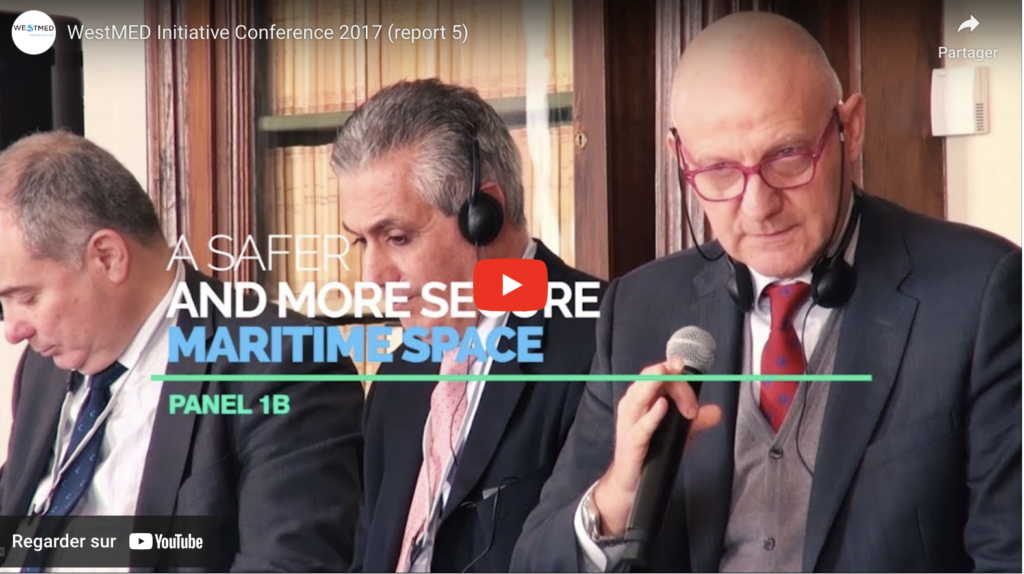
- Plan Bleu
Plan Bleu's missions
Make the Mediterranean a cooperation area for sustainable development
- themes
- projects
Projects in the news
- Ressources
- publications
Last publications
- Events
In the news
Last events
- Plan Bleu
Plan Bleu's missions
Make the Mediterranean a cooperation area for sustainable development

Providing socioeconomics insights for the appropriate management of Mediterranean resources

Facilitate a science – political and civil society interface

Supporting the transition towards a green and blue economy

Design possible futures for sustainable development

Observer of the environment and development to inform governments and the general public
- themes
- projects
Projects in the news
- Ressources
- publications
Last publications
- Events
In the news
Last events

Project “West Med Maritime Initiative”
Results and deliverables
Results and deliverables issued from the first phase can be found at the project’s official website: http://westmed-initiative.eu/
Newsletter
Subscribe to the project’s newsletter to find out West Med latest news.
Back issues:
![]()

Since December 2015, Plan Bleu is partner to the Project “West Med Maritime Initiative” – Towards a Sustainable Blue Economy Initiative for the Western Mediterranean.
Towards a Sustainable Blue Economy Initiative for the Western Mediterranean
The West Med Blue Economy Initiative, commissioned by the Executive Agency for Small and Medium-sized Enterprises (EASME) and the Directorate General for Maritime Affairs and Fisheries (DG MARE), started in December 2015 and will last until October 2017.
Three complementary partners, Ecorys S.L, Plan Bleu and Stratégies Mer et Littoral, form a consortium aiming to find practical areas of cooperation to support countries bordering the Western Mediterranean (i.e. Algeria, France, Italy, Libya, Malta, Morocco, Spain and Tunisia, plus Mauritania and Portugal) towards sustainable maritime economic development (Blue Economy).
The vision of the West Med Blue Economy Initiative is to address the major environmental challenges of the sub-sea basin, transform existing economic activities into less polluting and resourceful activities, and to promote opportunities for green and blue economy. Safety and security are also addressed, as they are considered a prerequisite for such development, as well as for the continuation of the democratic, modernisation and peace process across the sub-sea basin.
The project’s principal objective is to prepare a Maritime Initiative for the Western Mediterranean and the development of an action plan for its implementation.
Besides extensive desk research, active engagement with the maritime community is fundamental to validate findings and ensure that interests and concerns are properly taken into account, as well as to generate support for the course of action.
Therefore, the project’s work is aimed to build on a broad and solid stakeholder engagement, both offline and online:
- Offline, through a number of participative events designed to reach stakeholders potentially interested by a Blue Economy initiative in the region, and obtain their insights and views: Collaborative Laboratory “Strengthening marine and maritime innovation”
- Online, by inviting stakeholders to join web-based discussions on specific topics that progressively become paramount as the project develops.
Involved in the different phases and activities of the project, Plan bleu is a key institutional partner owing to its status as UNEP/MAP Regional Activity Center, its role as Science-Policy Interface, and its large multi-stakeholder network, made up of policy makers, civil society, representatives of the private sector, governmental agencies, academia, experts, etc. Plan Bleu is in charge of the assessment of environmental degradation processes in the Western Mediterranean, as well as of the challenges and existing needs regarding the development of a blue –solid, fair and sustainable- economy in the sub-basin.
Plan Bleu position note on the West Med Maritime Initiative
Plan Bleu is convinced that the Maritime Initiative for the Western Mediterranean should become a sub-regional declination of the Mediterranean Strategy for Sustainable Development 2016-2025 (MSSD 2016-2025). The MSSD 2016-2025 is formulated taking into account the outcomes of the UN Conference on Sustainable Development (Rio+20), which put particular focus on the green economy in the context of sustainable development and poverty eradication. The regional Strategy aims at contributing significantly to the long-term sustainable development vision of the Mediterranean, especially within the context of 2030 Agenda for Sustainable Development and adoption of the Sustainable Development Goals (SDGs) by the United Nations General Assembly in September 2015 (New York). It is worth to remind that the 2030 Agenda acknowledges the importance of the regional and sub-regional dimensions, regional economic integration and interconnectivity in sustainable development. Regional and sub-regional frameworks are recognized as facilitating the effective translation of sustainable development policies intro concrete action at the national level.
It is fundamentally important that the role of the UNEP/MAP-Barcelona Convention, as a set of legally binding instruments to address common challenges regarding environmental degradation and the protection of marine and coastal ecosystems of the Mediterranean Sea, be reaffirmed and fully recognized within the framework of the Blue Economy Initiative for Western Mediterranean. Indeed, the Mediterranean Action Plan (MAP), as the first Regional Seas Programme under UNEP’s auspices, represents a relevant and efficient framework for regional cooperation. It is the unique institutional cooperation and environmental governance framework gathering the 21 Mediterranean countries and the European Union, which are the Contracting Parties of the Convention for the Protection of the Marine Environment and the Coastal Region of the Mediterranean (Barcelona Convention). After 40 years of experiences in terms of regional environmental cooperation, the UNEP/MAP-Barcelona Convention system is still ambitious and relevant towards a peaceful, prosperous and sustainable Mediterranean region, in which societies enjoy a high quality of life within healthy marine and coastal ecosystems. In this context, the MSSD 2016-2025 is an instrument that has a very important scope and needs to be guiding and informing the discussion on a sub-regional initiative.
Events
Stakeholder conference on the sustainable development of the blue economy in the western Mediterranean, 2nd of February 2017, Barcelona, Spain
Project organized in two different phases:
- December 2015 – March 2016:
A first phase was meant to obtain a good understanding of high potential areas for cross-national and cross-sectoral cooperation as the basis to assess the possible added value for the EU and (political) readiness for this initiative.
- May 2016 – October 2017:
After consultation of government representatives and key stakeholders, plus validation by EASME and DG MARE of the project’s findings during its first phase (March 2016), the launching of the second phase of the project became official in May 2016.
A review of the existing literature regarding economic, social and environmental contexts and challenges is being conducted in order to set the scene. In addition, existing governance and cooperation agreements which could support the development of a maritime initiative in the Western Mediterranean are being identified and reviewed.
The major outcome of the second phase will consist of the drafting of the West Med Initiative and the action plan as a means for its implementation.
Publications
events
News
Subscribe to the newsletter
Subscribe to Plan Bleu’s newsletter to stay updated



-
Plan Bleu
Tour la Marseillaise
2 bis, Boulevard Euroméditerranée
Quai d'Arenc
13002 Marseille - France - [email protected]
- +33 (0)6 43 08 20 23
“
Building the Mediterannean’s future together
“









